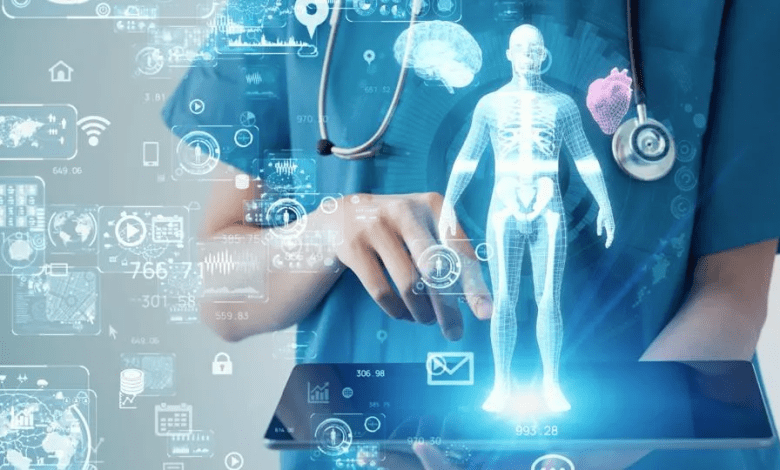How Machine Learning is Revolutionizing Medical Diagnostics

Machine learning (ML) is transforming the landscape of medical diagnostics, offering unprecedented advancements that promise to enhance patient care and streamline healthcare processes. By leveraging complex algorithms and vast datasets, ML systems can analyze medical information with remarkable precision and speed.
One of the most significant impacts of ML is in imaging analysis. Traditional methods of diagnosing conditions through X-rays, MRIs, and CT scans often involve manual interpretation by radiologists, which can be time-consuming and prone to human error. ML algorithms, however, can process and interpret these images quickly, identifying patterns and anomalies that might be missed by the human eye. For example, ML models have shown exceptional accuracy in detecting early-stage cancers, such as breast and lung cancer, potentially leading to earlier interventions and improved patient outcomes.
Moreover, ML is enhancing personalized medicine by analyzing genetic data to tailor treatments to individual patients. By examining a patient’s genetic profile, ML systems can predict their response to specific therapies, allowing for more targeted and effective treatments. This approach not only improves efficacy but also minimizes adverse effects, revolutionizing how doctors approach treatment plans.
In addition to diagnostics, ML is optimizing healthcare workflows. Predictive analytics can forecast patient admissions, streamline resource allocation, and reduce operational costs.
Overall, machine learning is driving significant advancements in medical diagnostics, offering the potential for more accurate diagnoses, personalized treatments, and efficient healthcare systems. As technology continues to evolve, its integration into healthcare promises even greater improvements in patient outcomes and healthcare delivery.






